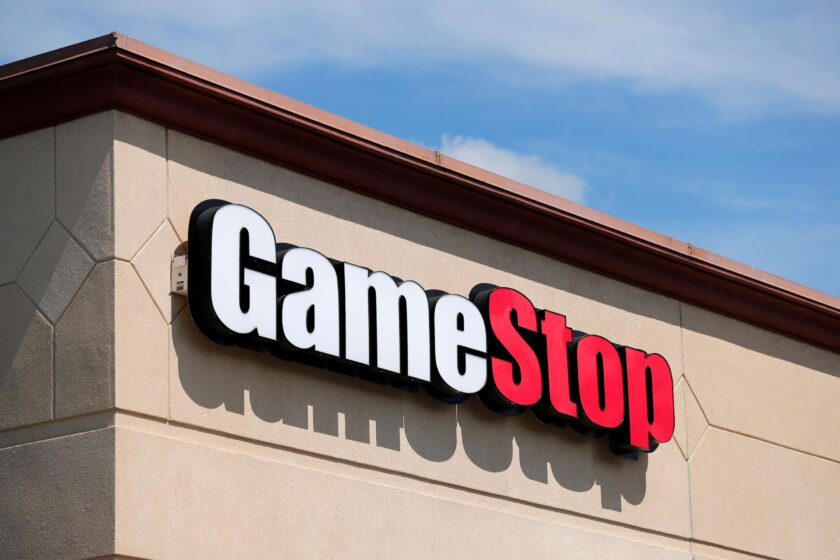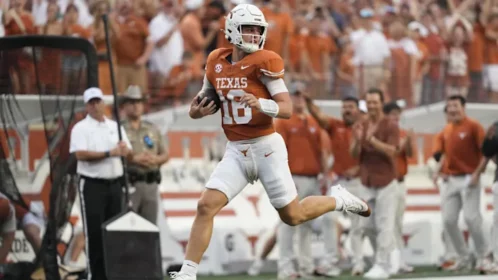GameStop Investors Sue “Roaring Kitty” Keith Gill for Alleged Securities Fraud
Keith Gill, known as “Roaring Kitty,” faces a lawsuit from GameStop investors accusing him of securities fraud and manipulating the market in a “pump-and-dump” scheme.
Bollywood Fever: Keith Gill, the investor famously known as “Roaring Kitty,” who played a significant role in the meme stock frenzy of 2021, is being sued by GameStop investors. The lawsuit, filed on Friday in the Brooklyn, New York federal court, accuses Gill of securities fraud and alleges he orchestrated a “pump-and-dump” scheme involving the videogame retailer.
The proposed class action, led by investor Martin Radev from the Las Vegas area, claims that Gill manipulated GameStop securities between May 13 and June 13 by secretly amassing large amounts of stock and call options. The lawsuit further alleges that Gill subsequently sold some of his holdings after resurfacing from a three-year hiatus from social media.

According to the complaint, Gill’s actions caused significant volatility in GameStop’s share price, resulting in “millions of dollars” in profit for him at the expense of other investors. Defendant still enjoys celebrity status and commands a following of millions through his social media accounts,” the complaint stated. “Accordingly, Defendant was well aware of his ability to manipulate the market for GameStop securities, as well as the benefits he could reap.”
Gill has not responded to requests for comment as of Monday.
The lawsuit highlights a cryptic meme posted by Gill on May 12 on the social media platform X, which was widely interpreted as a bullish signal for GameStop. Following the post, GameStop’s share price more than tripled over the next two days but then nearly returned to its previous levels by May 24.
On June 2, Gill disclosed that he owned 5 million GameStop shares and 120,000 call options. By June 13, he revealed that he had sold the call options but increased his GameStop shares to 9 million.
The truth about Gill’s investing activities became public on June 3 when the Wall Street Journal reported on the timing of his options trades and mentioned that the online brokerage E*Trade considered removing him from its platform.
The meme stock mania, partly driven by investors confined at home during the pandemic, led to a “short squeeze” that caused substantial losses for hedge funds betting against the stock prices.
Additionally, on Monday, trading in Chewy shares became volatile after Gill revealed a 6.6% stake in the pet products retailer.
The case is Radev v. Gill, U.S. District Court, Eastern District of New York, No. 24-04608.
Also Read other news articles, Chewy Shares Surge 20% After “Roaring Kitty” Keith Gill Discloses 6.6% Stake
SERA Announces India as Partner in Human Spaceflight Programme with Blue Origin
SK Hynix to Invest $74.6 Billion in AI and Chip Business by 2028












